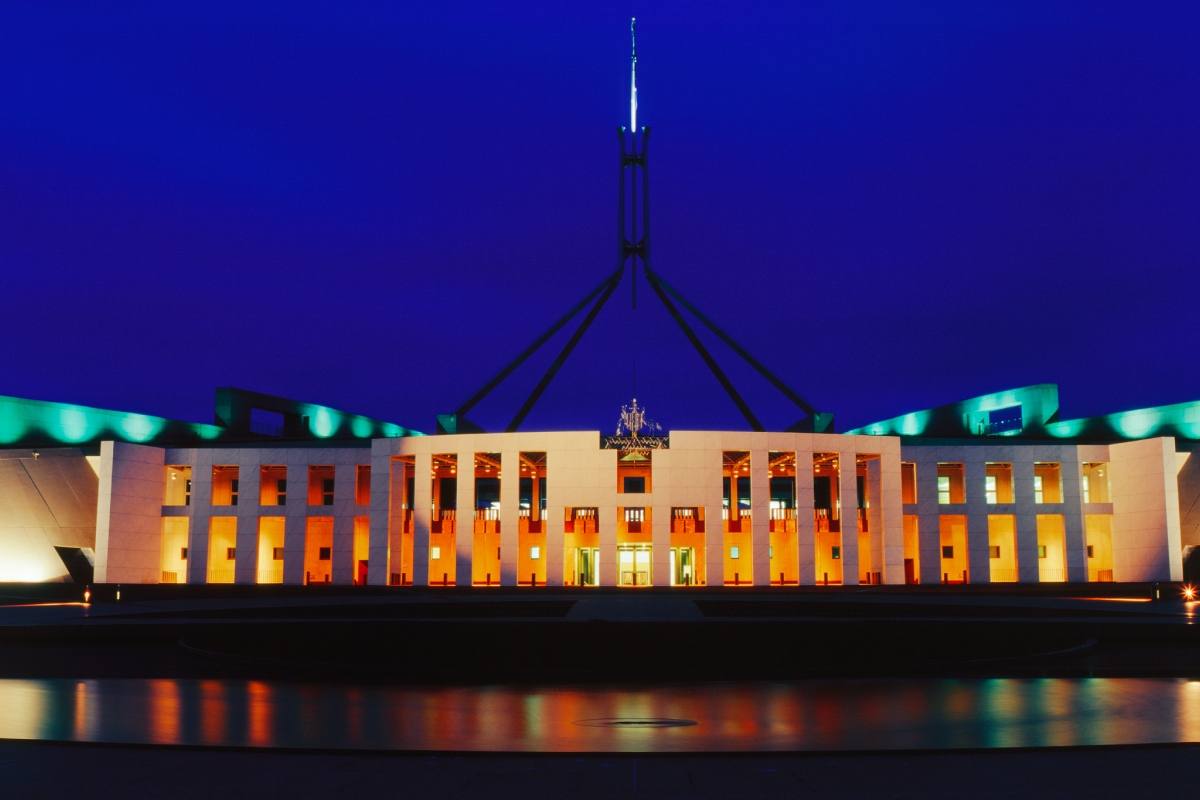
Paul Keating once ruled Parliament House, but now he just snipes from the sidelines. Photo: File.
Imagine the relevance deprivation one must feel once they’ve left the job as Prime Minister of Australia.
Going from a tough, high-powered, highest-profile position that commands much respect to … well … almost anything else, must undoubtedly bring a sense of suddenly being somewhat ”lesser”.
Sure, there would also be a surge of relief at getting one’s life back. That is, of course, until the relevance factor kicks in.
Some former PMs handle it well.
Others can’t contain the urge to publicly offer advice from the sidelines.
The status of ”former prime minister” brings with it a decent level of respect and so it should.
The few holders of that title led the country at one time and still have much to contribute.
If the political parties they each respectively captained have character and confidence in their current leaders, there will be no insecurities around honouring former bosses who are still alive. Giving them deference, even.
The Liberal Party certainly does that with John Howard, who, it must be said, has been dignified in his public comments about the characters and policy directions of his successors.
The Libs haven’t been able to be quite as respectful to Tony Abbott and Malcolm Turnbull, but if you take into account the divisions they each fuelled, they do all right along the party’s factional lines.
Scott Morrison, who has only just left parliament completely, is a category all on his own.
But it should not be lost on party members that he too rose to the top job, won an ”unwinnable” election in his own right and steered – for better or worse – the nation through some extremely tumultuous times.
Former PMs who go to the backbench for a while pose somewhat of a dilemma for the party.
They have status and experience and there is value in at least listening to their advice.
But the leadership mantle has been passed on.
It’s more of a problem for the party when it’s still in office and it has a former PM on the backbench.
They’re usually there to cause a bit of trouble for their successor, as did Abbott and Labor’s Kevin Rudd.
Or to bide their time while building the numbers for another tilt at the top job (also Rudd).
The ALP’s relationship with its former PMs is a little more nuanced.
Rudd is a super intellect who, in and out of office, has continued to contribute.
His abilities were recognised by most in the party – even by those who despised the way he worked with them.
Julia Gillard is without doubt the one former PM – Labor or Liberal – who has shown the most dignity post-office.
Gillard, who has never been given enough credit for all the legislation she successfully negotiated while PM, is the definition of a party elder statesperson.
If only they were all like her.
Which brings us to Paul Keating.
Keating is another super intellect who displayed great vision for this country while in office as prime minister.
That vision, and the man himself, became too divisive and Australia decided he had to go.
Keating, however, has always retained the status of party legend.
So many of today’s Labor MPs – ministers even – decided to embrace a career in politics because of the inspiration they found in Paul Keating.
Like the late Bob Hawke and the late Gough Whitlam, Keating has commanded superstar status long after tenure in office.
It’s a bit like that for Howard in the Libs and definitely remains so for the long-gone Bob Menzies (never for the late Malcolm Fraser, though).
Which is all the more pity that Keating finds himself needing to criticise his party, its current leadership team, and the ALP’s policy directions so publicly and viciously.
His attacks on Penny Wong last week over foreign policy (not for the first time) were unnecessary, particularly while she and Prime Minister Anthony Albanese were in the middle of hosting South-East Asian leaders at the ASEAN conference.
Some of his points made sense. What didn’t make sense was his decision to publicly embarrass the party that gave him so much.
The timing and the over-the-top Keating language were obviously designed to have mass impact.
That he achieved, but to what end?
The man the Labor Party (and much of Australia) has revered for so long is increasingly losing the respect they once poured on him.
It can’t be relevance deprivation still lingering around after all these years surely.
That he is frustrated over policy direction is obvious.
But Keating might do well to take a leaf out of his nemesis Howard’s book – certainly take issue with the policies of your same-party successors, but do it in a way that doesn’t dump on the very vehicle that supported your ascension.













